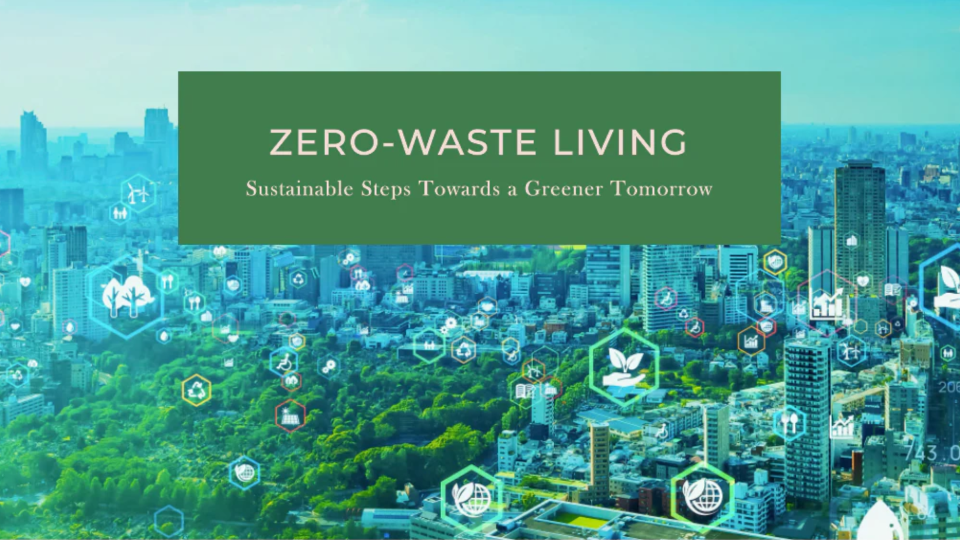Today’s environmental challenges demand a shift from the linear “take-make-dispose” model to a circular economy, where waste is minimized and resources are reused. At the heart of this transition lie three transformative practices: donating, recycling, and upcycling—each playing a pivotal role in reducing the world’s growing waste burden.
Donating items such as clothing, electronics, etc., extends the life of products and diverts them from landfills. Globally, over 2 billion tonnes of municipal solid waste are generated annually, with the USA generating nearly 292 million tonnes annually. By encouraging second-hand use and responsible gifting, communities can significantly cut back on production and consumption, easing environmental and economic pressures.
Recycling is a powerful tool to address resource conservation. Countries like Germany, with a recycling rate above 67%, lead by example in managing plastic, paper, and metal waste. South Korea follows with strong waste-sorting systems and active public engagement. Innovations such as chemical recycling and fiber-to-fiber textile processing are making recycling more efficient, reducing reliance on virgin materials. With global waste projected to rise to 3.4 billion tonnes by 2050, nations must drastically scale up recycling systems and infrastructure.
Upcycling helps in transforming waste into higher-value products. It is an increasingly popular approach to sustainable living. It enhances materials creatively without breaking them down, giving rise to everything from repurposed furniture to fashion made from discarded fabrics. Unlike traditional recycling, upcycling retains more of a material’s integrity and energy, making it both eco-conscious and economically valuable. As it spreads through both artisan markets and industries, upcycling fosters innovation and community engagement.
In India, around 62 million tonnes of waste are generated annually, with a significant portion left untreated. Government initiatives like the “Waste Recycling & Climate Change 2025” conclave stress the need for circularity in product design and recycling infrastructure. Local movements and startups are empowering communities through donation drives, repair hubs, and upcycling workshops, creating steps toward zero-waste lifestyles.
Moving toward a zero-waste society requires global action by donating what we no longer need, recycling materials, or reimagining waste. Through upcycling, individuals, businesses, and governments need to collaborate to close the loop and build a more sustainable future.

